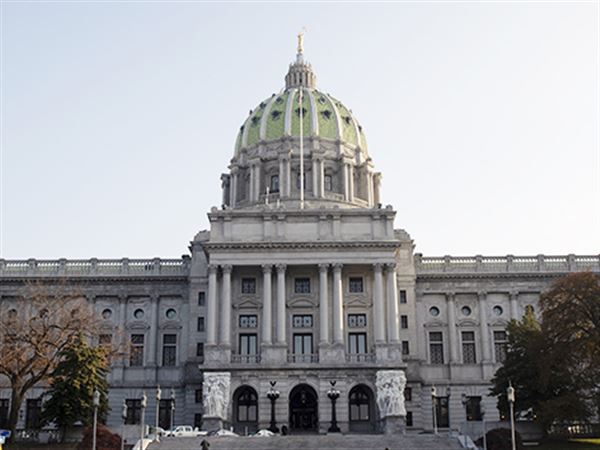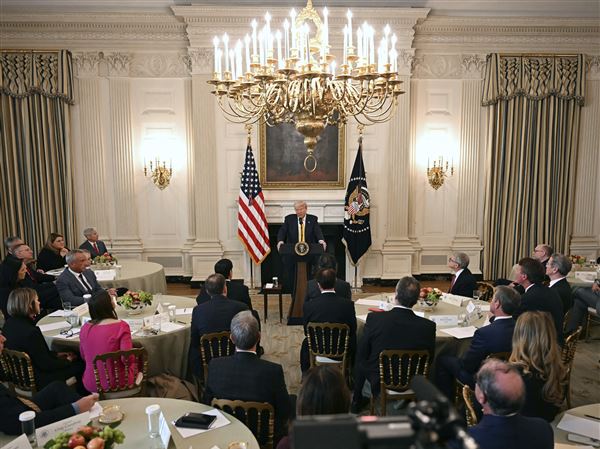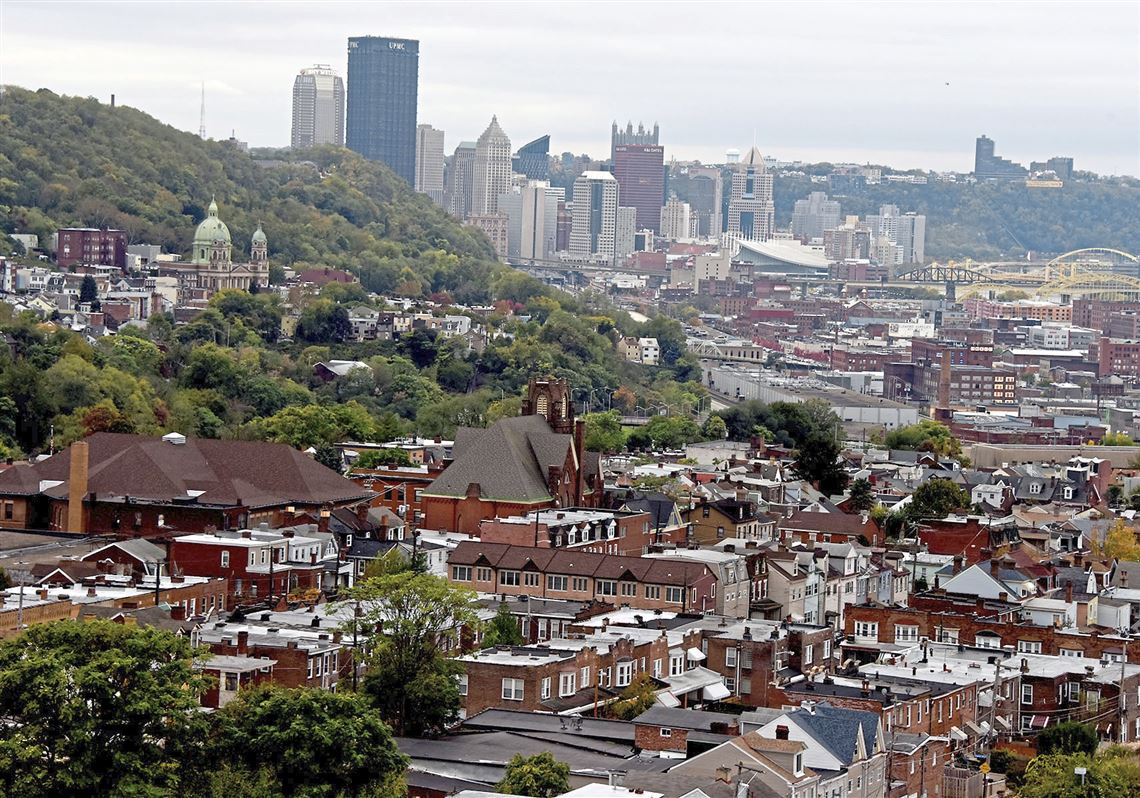Employees of the McConway & Torley steel foundry said the company is a good neighbor in Lawrenceville during an Allegheny County Health Department hearing Monday on an operating permit for the manufacturer of rail car couplers.
Some of its neighbors told a different story, one full of industrial odors, emissions of toxic heavy metals and soot.
“I live on Hatfield Street, near the foundry, and some mornings my car is covered with soot and grit form McConway & Torley,” said Jo Anne Buchanan. “I want the health department to give us more time to respond to this proposed permit. This is about our health.”
Terrie Baumgardner, a member of the Clean Air Council, said that given existing air quality problems, it’s not a good idea for the health department to more than double the facility-wide allowance for fine and coarse airborne particles.
The public hearing at Arsenal Middle School in Lawrenceville marked the end of a 30-day public comment period on the federally mandated permit that, because of myriad operations changes and delays, has been pending for more than 20 years. A crowd of 125 attended, at least a third of them employees of the foundry that has operated on a 13-acre swath of land along the Allegheny River for more than a century.
Chaz Youngblood led a parade of McConway & Torley employees, contractors, suppliers and consultants — 19 of the 30 speakers offering testimony — in urging the health department to grant the permit.
“A permit will ensure it can continue to make products, and I can continue to support my family, for many more years to come,” said Mr. Youngblood, who has worked at the foundry for more than a decade.
Scott Buterbaugh, environmental health and safety director at McConway & Turley, one of the last remaining kiln foundries in the region, said the company is engaged in the continuing upgrade of its operations, including the latest foundry technology, negative air pressure within the plant to control emissions and noise-reduction controls.
“We’ve demonstrated we know how to listen and collaborate with the community,” Mr. Buterbaugh said. “McConway & Torley knows what it is to be a good neighbor.”
Lisa Bailey, a toxicologist who works for Gradient, the foundry’s environmental consultant, said she’s assessed the plant’s toxic and carcinogenic emissions of manganese, benzene, chromium and lead and concluded the levels have been declining and are not a risk to public health.
But Ned Mulcahy, a representative of the Group Against Smog and Pollution, said the proposed operating permit allows the foundry to increase its emissions, removes a necessary monitor, ends an ongoing emissions study, doesn’t adequately address continuing odor complaints, and falls short in identifying how enforcement will be accomplished.
“Odor complaints are a continuing concern for residents that live near the facility,” Mr. Mulcahy said. “They are indicative of permit violations and are a burden to local residents. ACHD has the authority to require compulsory odor monitoring and reporting but did not do so.”
Don Hopey: dhopey@post-gazette.com, 412-263-1983, or on Twitter @donhopey
First Published: December 5, 2017, 10:59 p.m.
















